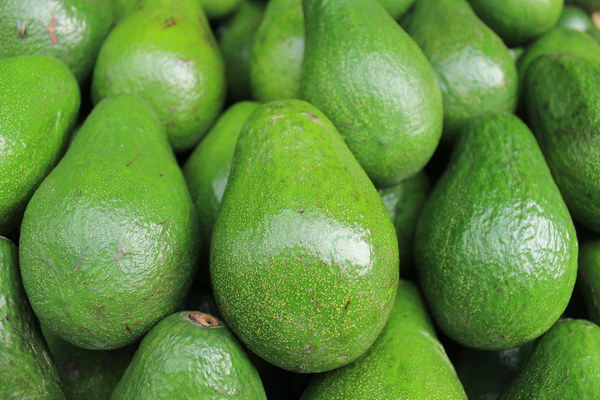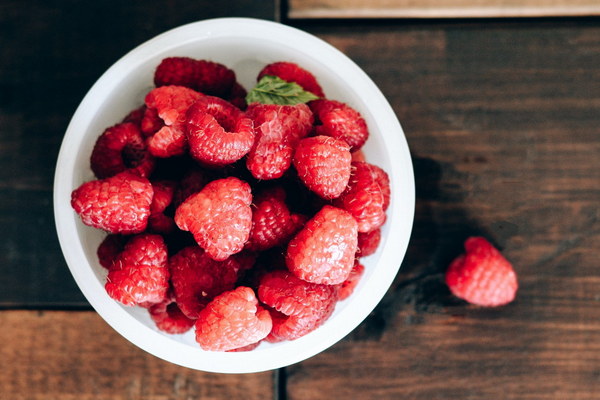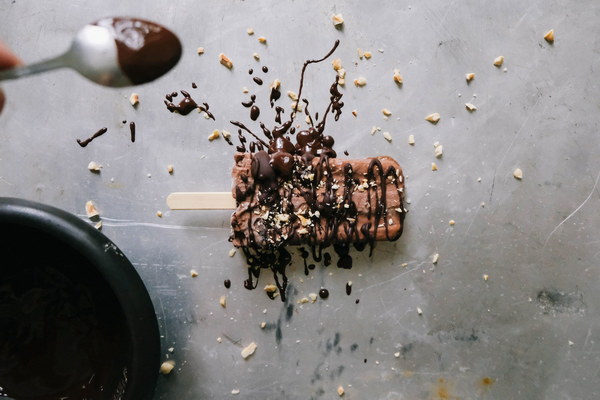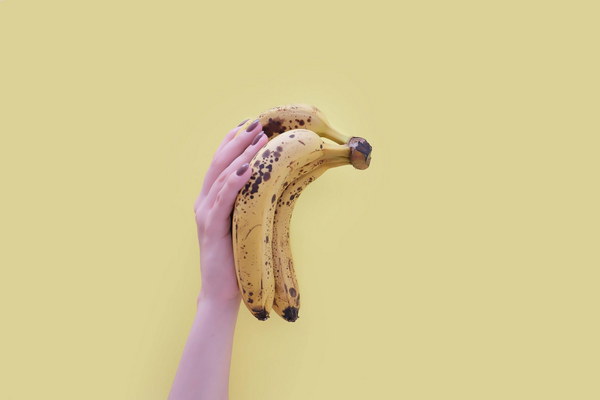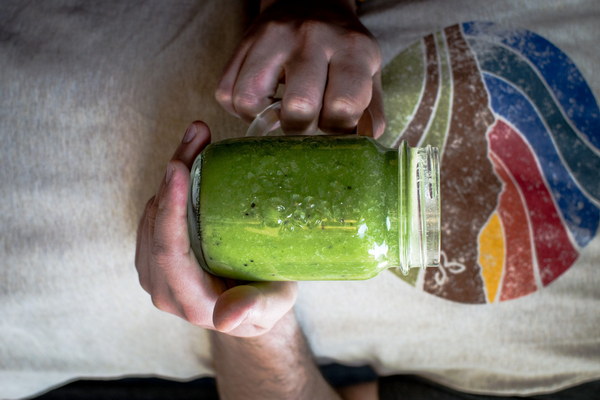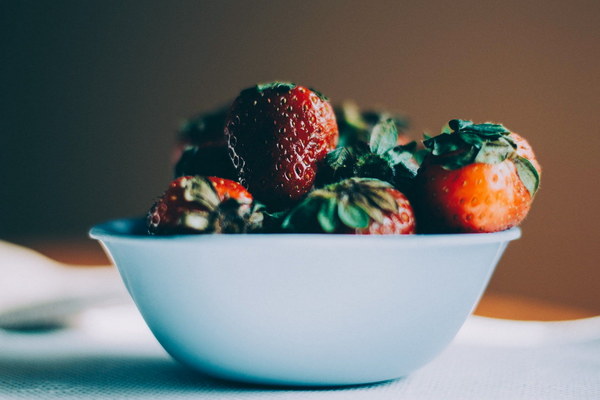Banish Dampness with Millet Congee A Traditional Remedy for Modern Times
In the world of traditional Chinese medicine, dampness is considered a common ailment that can lead to a variety of health issues. From fatigue and weight gain to skin problems and digestive discomfort, dampness can manifest in many ways. One of the most effective and popular remedies for combating dampness is the humble millet congee, a simple yet powerful tool in the fight against this pesky condition. Let's delve into the world of millet congee and explore how it can help you banish dampness and restore your well-being.
What is dampness?
Dampness, also known as Shi in Chinese medicine, refers to an imbalance in the body's Yin and Yang, which can be caused by factors such as overeating, excessive moisture in the environment, or poor lifestyle habits. When dampness accumulates in the body, it can lead to various symptoms, including:
- Tiredness and fatigue
- Weight gain, particularly in the abdomen
- Indigestion, bloating, and constipation
- joint pain and muscle aches
- Acne, eczema, and other skin problems
- Foggy thinking and difficulty concentrating
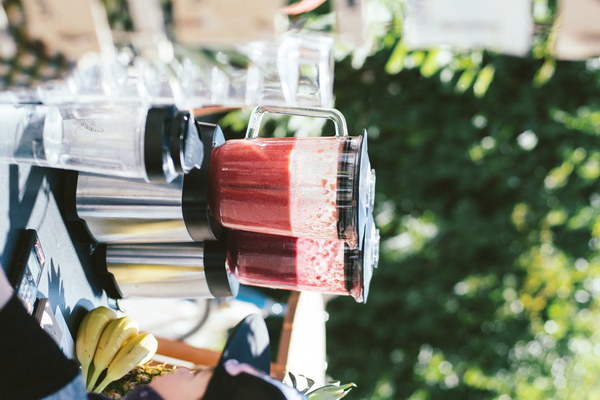
How millet congee helps
Millet congee is a staple in many Asian diets and has been used for centuries in traditional Chinese medicine to combat dampness. The millet grain itself is believed to have a cooling and drying property, which helps to expel dampness from the body. Here are some of the key benefits of consuming millet congee:
1. Nutrient-rich: Millet is a whole grain that is packed with essential nutrients such as fiber, vitamins, and minerals. These nutrients support overall health and can help to boost your immune system, making it easier to fight off dampness-related issues.
2. Easy to digest: Millet congee is soft and porridge-like, making it easy to digest. This is particularly beneficial for those with dampness-related digestive problems, as it can help to soothe the stomach and improve nutrient absorption.
3. Detoxifying: The gentle nature of millet congee makes it an excellent detoxifier. It can help to remove excess dampness and toxins from the body, leading to improved energy levels and a clearer mind.
4. Anti-inflammatory: Millet contains anti-inflammatory properties that can help to reduce joint pain and muscle aches associated with dampness.
5. Energy-boosting: While millet congee is a low-calorie food, it can still provide a sustainable source of energy due to its complex carbohydrates and slow-releasing nutrients.
How to make millet congee
To prepare a delicious and nourishing millet congee, follow these simple steps:
Ingredients:
- 1 cup of millet
- 6 cups of water
- Optional: ginger, rock sugar, or dates for added flavor and medicinal benefits
Instructions:
1. Rinse the millet under cold water until the water runs clear.
2. In a large pot, bring the water to a boil.
3. Add the rinsed millet and reduce the heat to a simmer.
4. Cook the millet for about 30 minutes, stirring occasionally.
5. If desired, add ginger, rock sugar, or dates during the last 10 minutes of cooking.
6. Let the congee sit for a few minutes after turning off the heat, then serve warm.
Incorporating millet congee into your diet
To effectively combat dampness, incorporate millet congee into your diet regularly. Start with a small amount, such as half a cup, and gradually increase the portion size as you become accustomed to its taste and texture. You can enjoy millet congee for breakfast, lunch, or dinner, and it can be easily customized with various toppings and add-ins, such as nuts, fruits, or vegetables.
In conclusion, millet congee is a simple yet powerful tool for banishing dampness and restoring your health. By incorporating this traditional remedy into your diet, you can enjoy the numerous benefits of this nutritious and flavorful grain, leading to a happier, healthier life.
